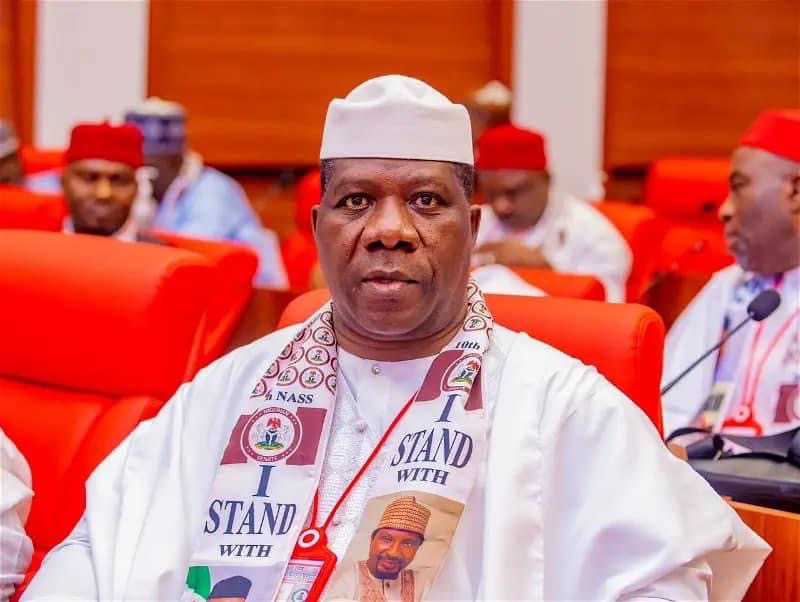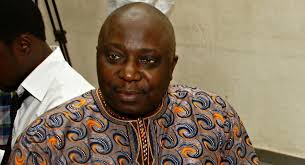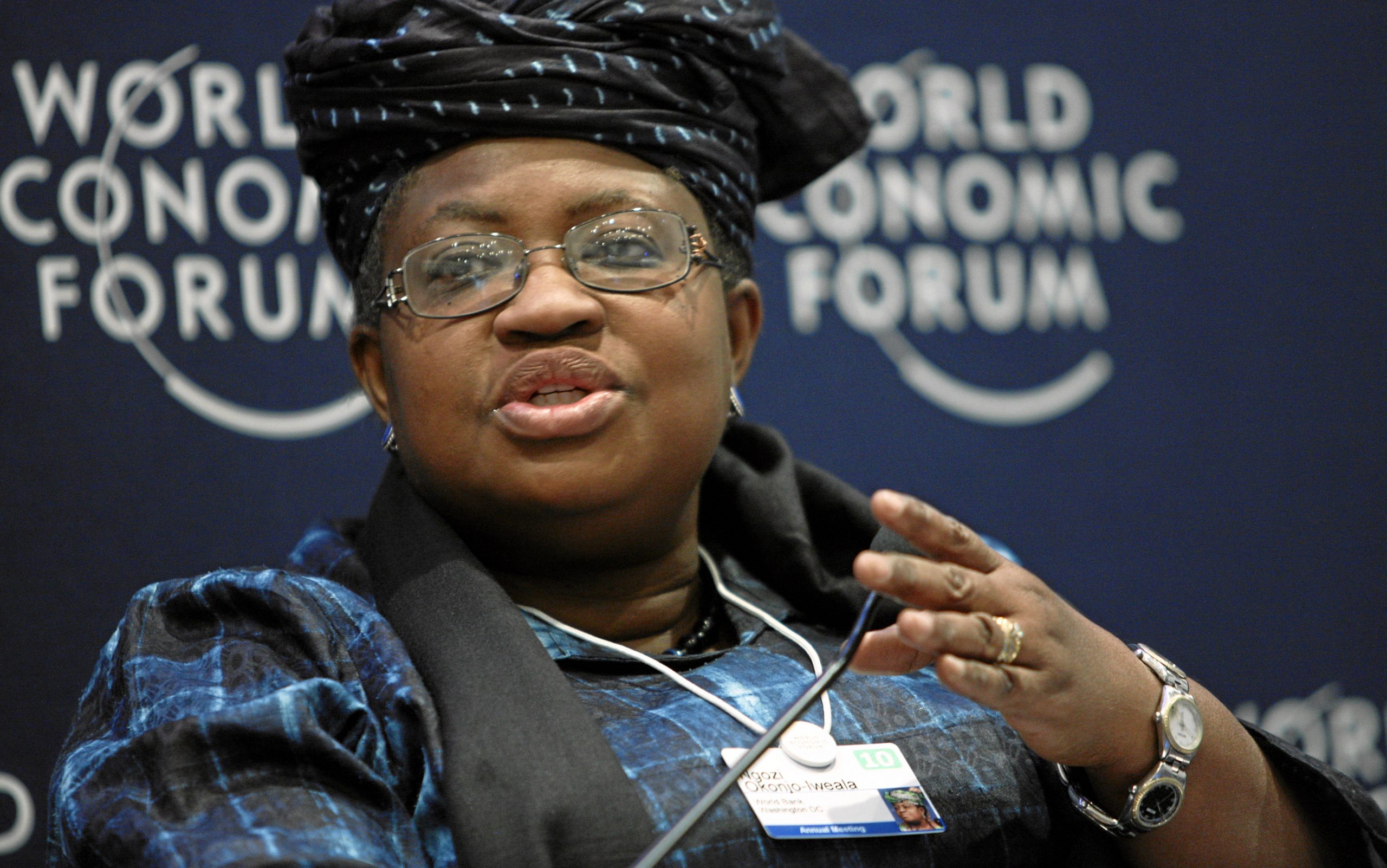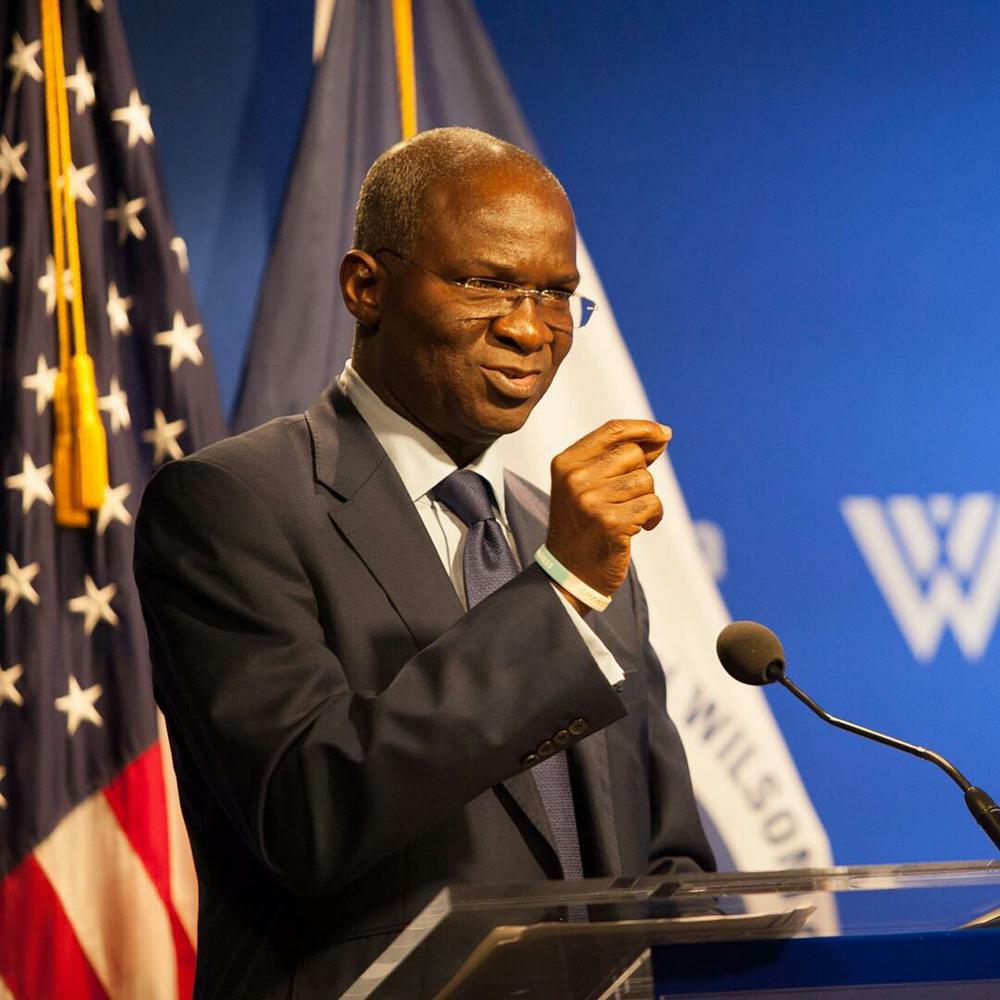Analysis: Adamu’s exit, the beginning of Tinubu-induced changes in APC

Key points
Adamu fell out with Tinubu since 2022
Elected members now lead the party in their various states
Adamu’s effort to impose a consensus candidate failed
Supremacy and superiority of political party over elected politicians already dead in Nigeria
Tinubu can now take charge of the APC
By Daniel Adaji
Throwing in the towel as the All Progressives Congress (APC) National Chairman on July 15, 2023 was the only major political defeat Alhaji Abdullahi Adamu would suffer since he joined partisan politics in 1977. Though the former governor of Nasarawa State kept sealed lips on why he quit the lucrative position, choosing to wait until President Bola Ahmed Tinubu returned to Nigeria from his foreign trip, Adamu’s exit was inevitable, as he had lost grip of the party since the Tinubu administration began on May 29, 2023. Every step he took was like a misstep into the dark. His words had begun to lose authority; he was sailing against the tide.

President Bola Ahmed Tinubu
The seed for the current predicament in the APC was sown say back in March 2022 when the old executive managed by Governor of Yobe State Mai Mala Buni was swept away for a new National Working Committee (NWC) to emerge. The process that ushered-in the NWC was anything but cohesive. Each executive represented the interest of some power brokers in the party, mainly individual progressive governors, who were actively plotting victory for their preferred presidential candidates in the 2023 power game. Apart from Abdullahi Adamu who got the top job as Buhari’s candidate for National Chairman, all other Buhari nominees for NWC positions were thrown out.
His words had begun to lose authority; he was sailing against the tide
The implication of the disarray in the party was evident during the party primary election for the presidential ticket, where the NWC members opposed Adamu when he declared former Senate President Adamu Lawan as the party’s consensus candidate for the presidential ticket.
In the heat of the confusion, the then APC National Youth Leader, Dayo Israel said, “During the NWC meeting, the National Chairman informed us that after the consultations hosted by the President, he is instructed to inform us that Ahmed Lawan is the preferred choice. We were only informed, it wasn’t deliberated upon. Neither was our opinion sought.
“The issue at stake is not about consensus but about Federal Character. Let’s not mix issues. What is at stake is should power be retained in the North or moved to the South. The Northern Governors with the President have supported the Southern agenda, the NWC members support this.”

Senate President, Godswill Akpabio
Senate President Godswill Akpabio
At the time, Adamu’s support for the former Senate President who hailed from the North was at variance with the mood of the country and the agitation from power rotation to the South, even among the party’s powerful element. Former Vice President Yemi Osinbajo, actively supported by the party’s National Secretary, Iyiola Omisore, was a strong contender for the party’s ticket. There was also the outgoing Minister of Transportation Rotimi Amaechi whose candidature was supported by elements in Buhari’s kitchen cabinet and few NWC members.
Therefore, the failure of the kite flown by the outgone National Chairman in June 2022 in no small measure diminished his credibility and stature, especially when he was seen to be opposed to Tinubu’s ambition. His staying power as the head of the party’s executive was no longer assured after Tinubu won the party’s ticket and, shockingly, as the Independent National Electoral Commission (INEC) claimed Tinubu won the presidency. Perhaps, Adamu should have thrown in the towel at that point.
CAMPAIGN FOR PARTY’S SUPREMACY:
In the last days of Adamu as APC chairman, he advocated for the supremacy of the party in decision-making over members and elected officials. It was a futile exercise because of the lack of cohesion among party members and the fragmented commitment of NWC members to powerful politicians, rather that the APC. In the First and Second Republics, party supremacy was visible, as political ambition was built around the ideology of the party, not individuals.
But since political parties declared elected president as party leaders at the federal level, and governors as leaders in their respective states, the idea of the political party being supreme and superior to elected politicians died in Nigeria. Adamu’s efforts to revive the corpse became a worthless exercise.
For instance, his cold acquiescence to the emergence of Senator Godswill Akpabio and Tajudeen Abass as Senate President and Speaker of the House of Representatives fell flat on the face, because it went contrary to the desire of the presidency to quickly change the colour of the administration from being Muslim-Muslim to religious inclusiveness, with Akpabio and Senator George Akume, two Christians, occupying top positions as Senate President and Secretary to the Government of the Federation respectively.
Adamu’s efforts to revive the corpse became a worthless exercise
Things came to a head during the election of the principal officers in the National Assembly, which saw to the emergence of Senator Bamidele Opeyemi as Senate Leader, Senator Mohammmed Ali Ndume as Chief Whip, Professor Julius Ohonvbere was House Leader, and their deputies.
Senator Adamu’s disagreement with the National Assembly leaders over the choice of principal officers was in the open and created anxiety between the party and the executive.until Tinubu’s intervention. However, Adamu’s position would not go down well with pro-Tinubu elements in the party, because the new set of principal officers in the National Assembly were carefully selected to defend the interest of the Tinubu administration in the Legislature.

For instance, Senator Bamidele Opeyemi, who emerged as Senate Leader is a political son of President Tinubu. When Tinubu was governor of Lagos State, Opeyemi served as his senior special assistant and later commissioner in different ministries. Such a protege as Senate Leader was a smart strategy for the Tinubu government. The former National Chairman’s opposition to such an appointment raised doubts about his commitment to the success of the Tinubu government.
From all indications, Adamu was kicking the wall, and unfortunately for him, the power bloc that lifted him to the chairmanship position – the pro-Buhari cabal that didn’t want Tinubu as president – had dissolved.
The new power blocs in the party, made up of close aides of President Tinubu, newly elected APC governors, the National Assembly caucus of the party; and the party executive, do not seem to be singing the same tune as the outgone chairman. On several occasions, other members of the NWC accused him of taking unilateral decisions, and not carrying them along in running the APC.
His style instigated internal opposition to his leadership before, during and even after the last elections, hence he was perceived as part of the pro-Buhari elements who devised strategies to thwart Tinubu’s emergence as victor in the 2023 presidential election. If Adamu took steps to demonstrate his loyalty to the Tinubu team, it was not good enough to win the confidence of the power blocs in the government and APC.
OTHER NWC MEMBERS MAY HAVE TO GIVE WAY:
The exit of Adamu as National Chairman and Omisore as National Secretary may be the beginning of the changes needed in the APC to sanitise the party. With each NWC member representing diverse interests, it is difficult for the APC to be harmonious and have unity of purpose.
Former President Muhammadu Buhari did not take keen interest in how the party was run, creating room for diverse powerful politicians from the states, especially governors, to plant their agents as NWC members. With each member protecting the interest of some politicians, it was difficult for the APC to have a common focus.
To rebuild the party, the Tinubu government must ensure the NWC members develop a new focus that is beyond loyalty to power mongers. The party must backtrack to the stage in which it is run based on political ideology; it must have a kind of leadership that works in tandem with the bigger picture of enhancing the development of democracy for the good of the people, instead of serving as lackeys of some power grabbers.
The Insight Report
Nigeria Coverage



